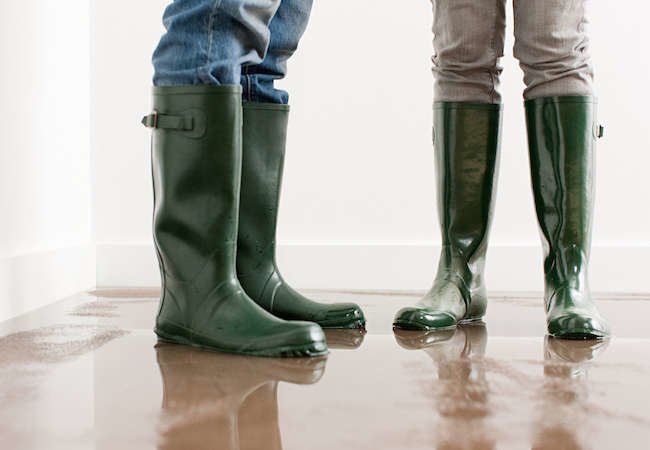We may earn revenue from the products available on this page and participate in affiliate programs. Learn More ›
Burst Pipe
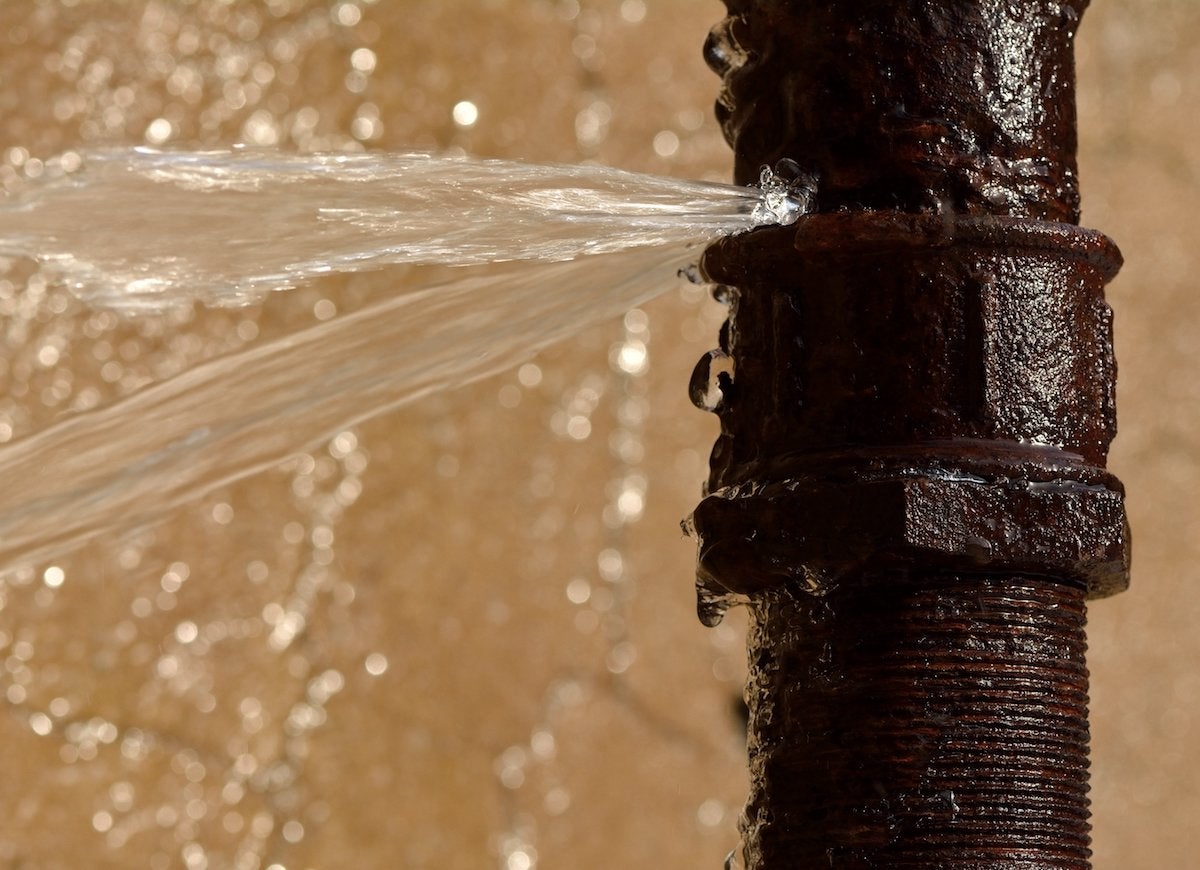
Whether it’s a broken radiator or a rusted-out drain outflow, a burst pipe can cause a lot of trouble in a short period of time. If water is gushing, close the valve closest to the link first, then shut off the main water valve into the house. Once you’ve turned off the main water supply, reopen the smaller valve and slowly drain any remaining water into buckets.
Related: 20 Cheap Home Repairs That Could Save You Thousands
Black Out
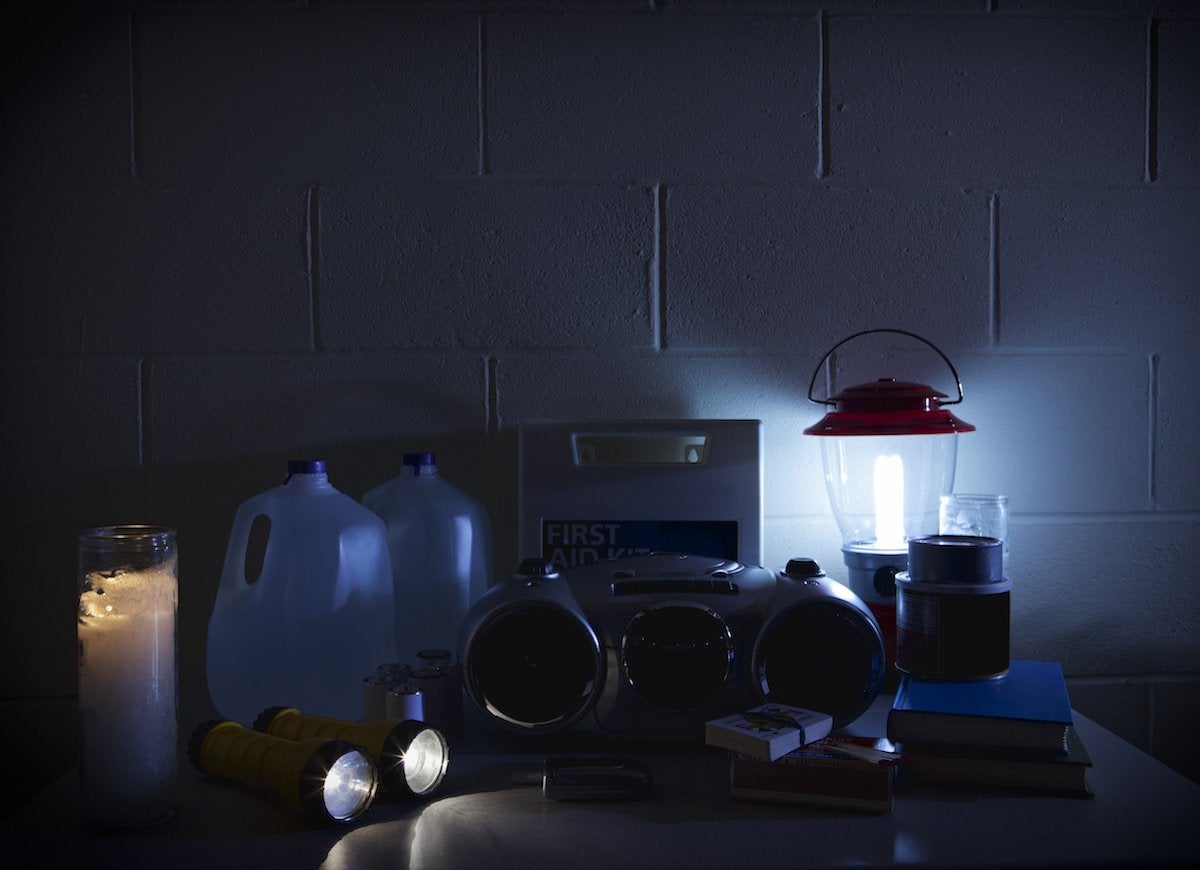
During a power outage, the safest course is to disconnect all appliances and electronics. That way, you’ll avoid damage from power surges when the juice returns to your home. Take great care using candles for illumination, exercising proper fire safety, and be sure to stock up on batteries and flashlights. You can find more power outage safety tips at Ready.gov.
Related: 15 Things You Should Never Do When the Power Goes Out
Gas Leak
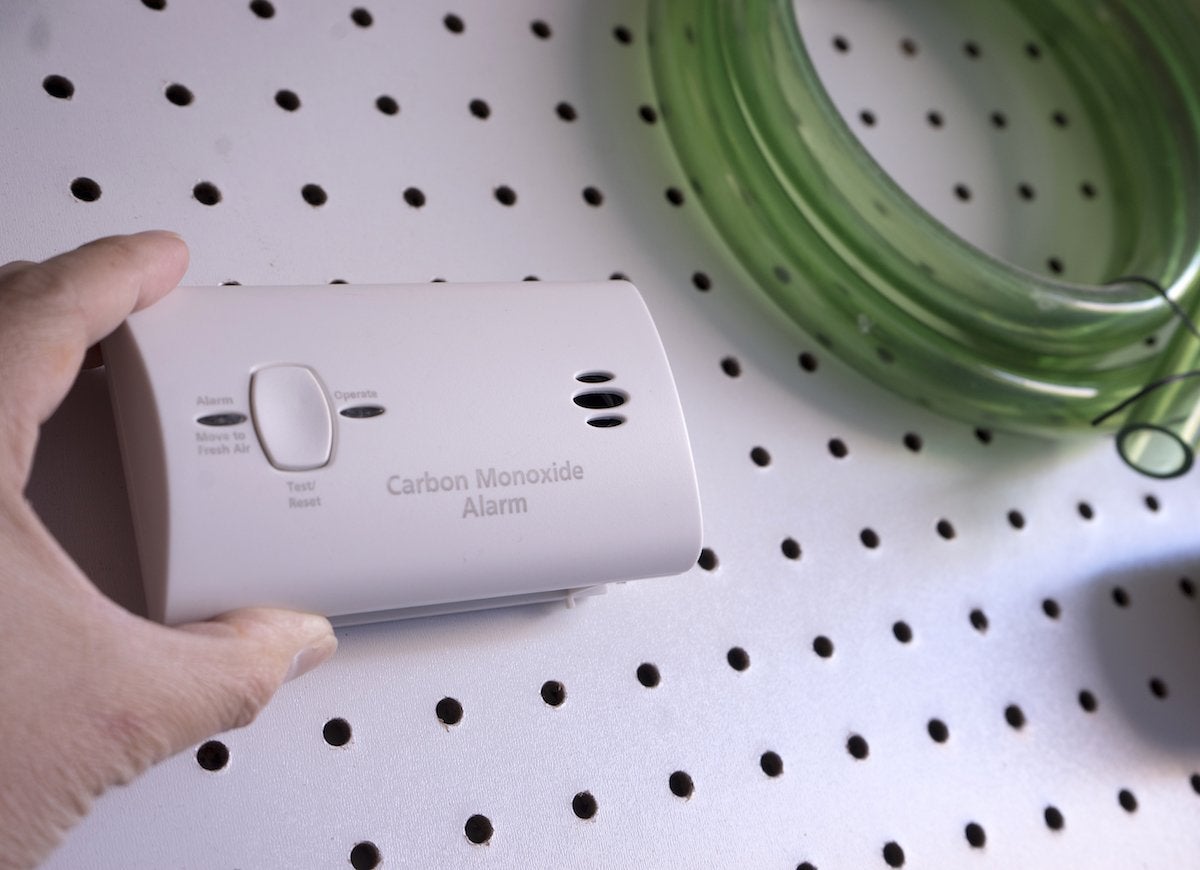
If your carbon monoxide detector sounds or you simply detect a gas odor, evacuate the house immediately. Once you’ve relocated to a safe location, call the gas company’s 24-hour help line and ask them to send a technician to check your home for leaks.
Related: 11 Ticking Time Bombs in Your House—and What to Do About Them
Basement Flood
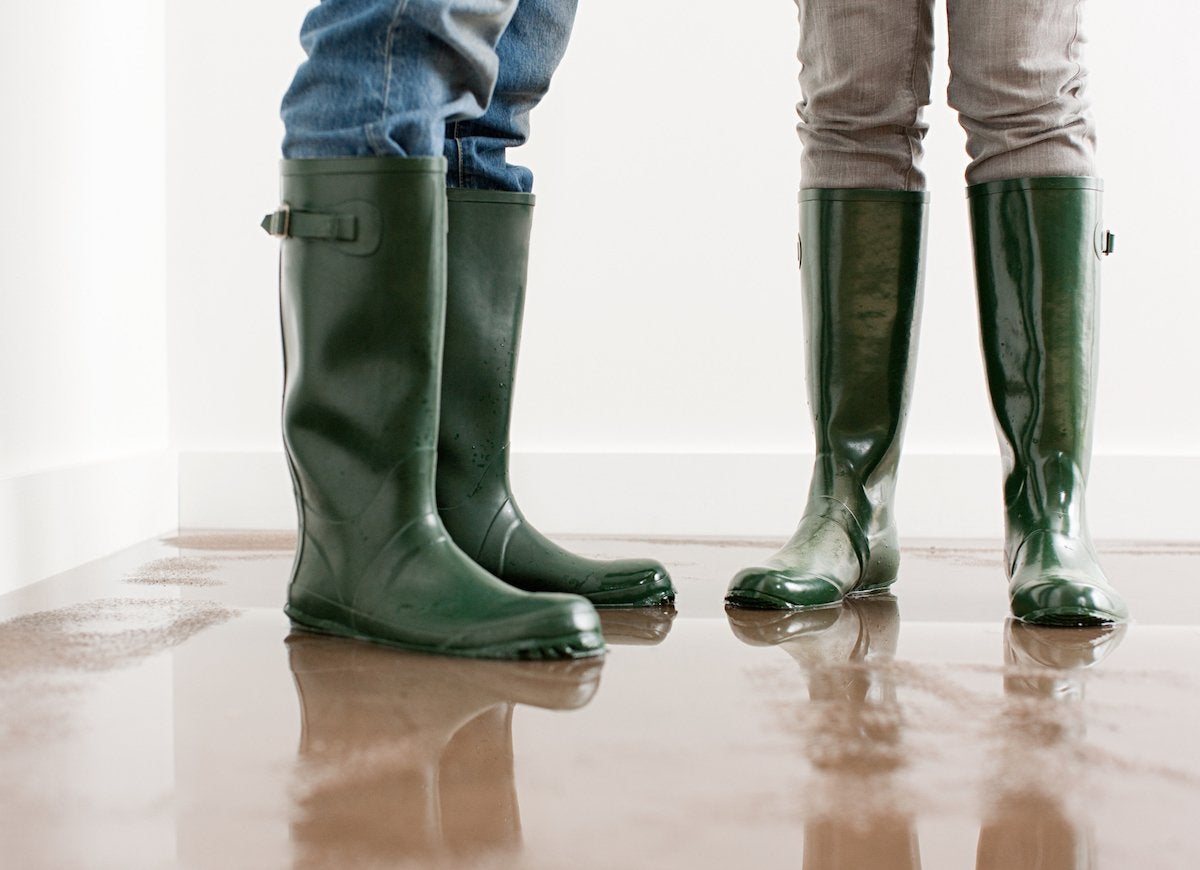
Before you charge into a flooded basement to rescue your belongings, be safe. Turn off the circuit breaker to the house (or, if you can’t reach the circuit box, call your utility and ask them to do it for you). Wear thick waterproof boots and gloves to protect against toxic elements in the floodwater.
Roof Damage
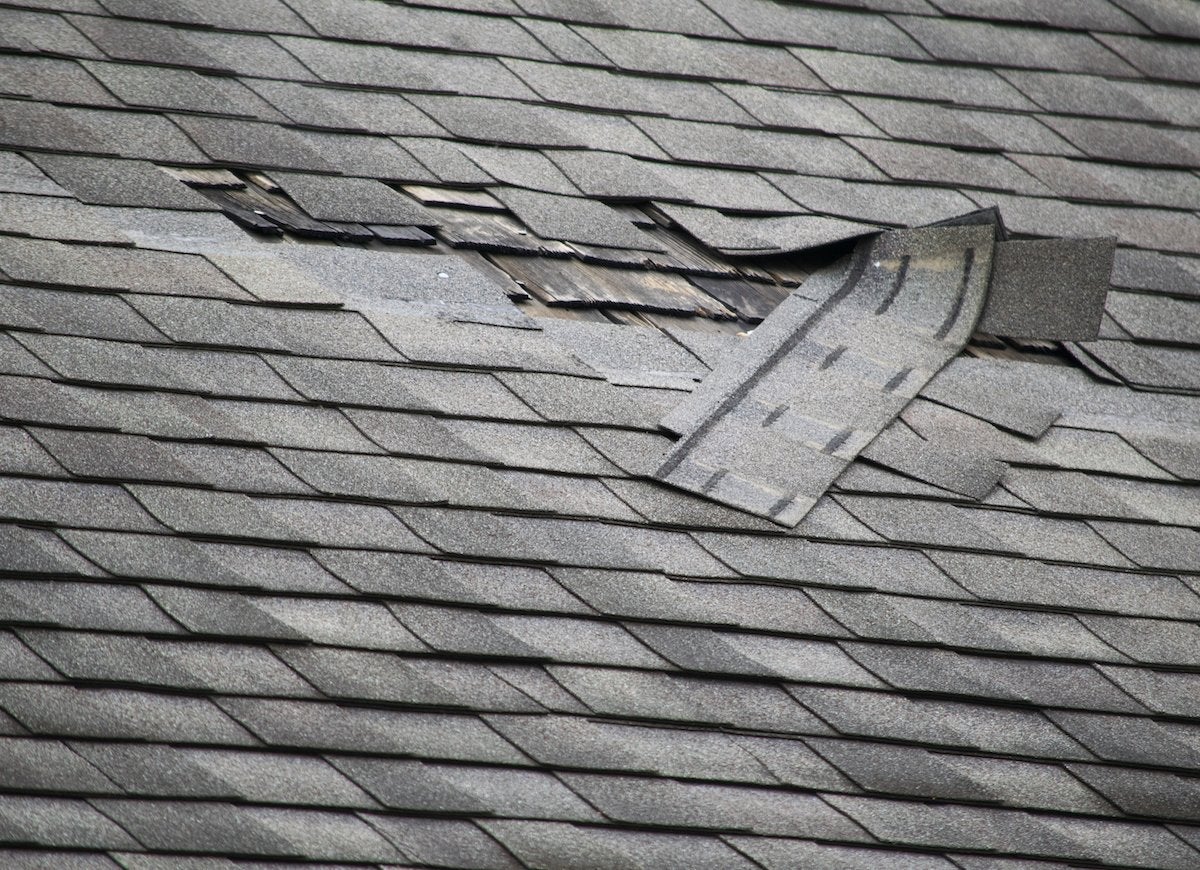
For patching a roof battered by storm damage, tarps nailed down with wood strips are the quickest and easiest fix. Just be sure to let any weather pass and take all precautions before climbing up—or even better, call a professional to do it for you, then arrange for more permanent patch-ups to happen as quickly as possible.
Related: DIY Disasters: 9 Homeowner “Fixes” That Can Mess Up Your House
Furnace Malfunction
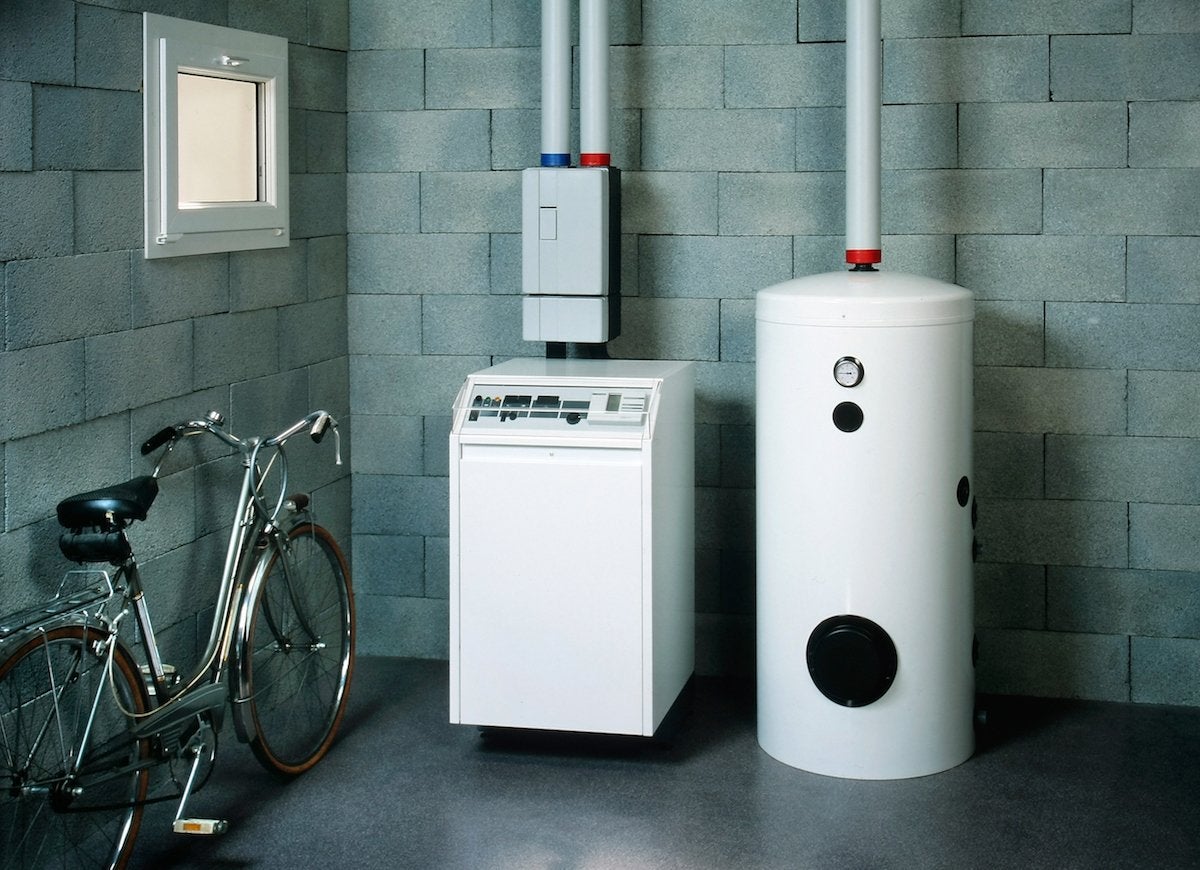
Somehow, the furnace always seems to give out on the first frigid evening of the year—and Murphy’s law states it will happen on a Saturday night, when the repairman charges double his usual rate. Before you pick up the phone, check to see if a clogged filter or a tripped circuit breaker might be the culprit.
Locked Out
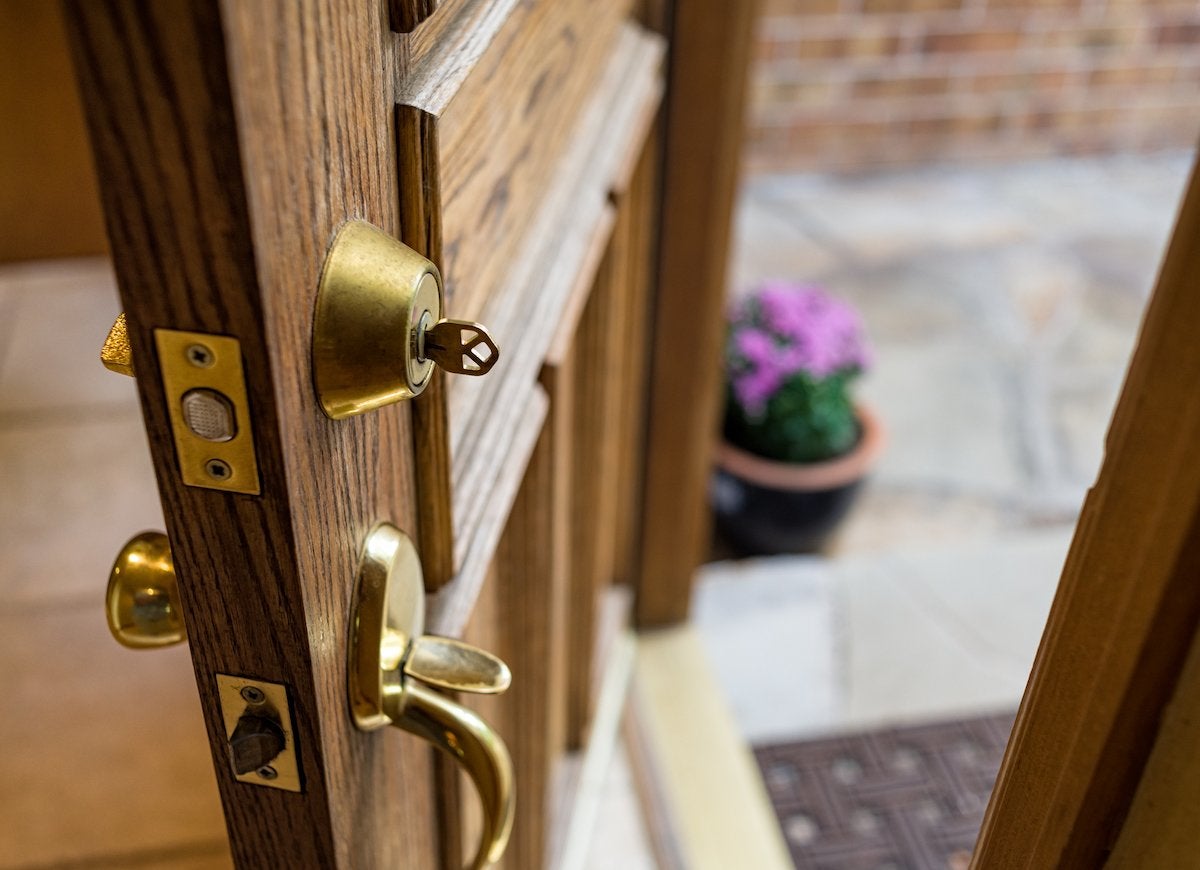
Getting locked out of the house is a little embarrassing, and, if you have to call a locksmith, can be mightily expensive, too. Keeping a hidden key poses security risks. So remove your extra key from inside the hide-a-key garden stone or from under the back porch door mat, and consider leaving it with a trusted friend or neighbor instead.
Kitchen Fire
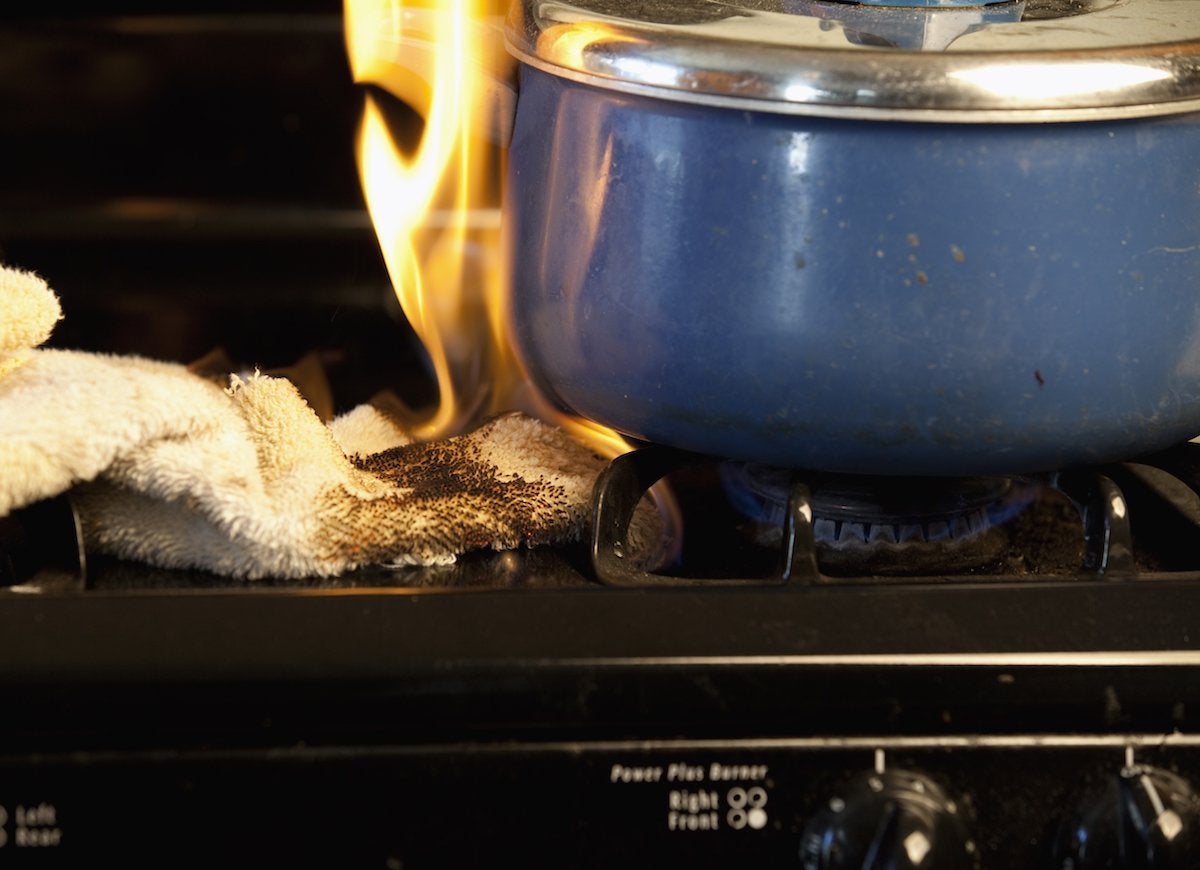
First, don’t panic. Keep a box of baking soda in a handy spot for dousing flare-ups in a toaster or stovetop pan. Avoid tossing water on the blaze, and don’t try to smother the flames with a dishtowel or anything that could catch fire. The better course of action is to use a pot lid to extinguish the flames. If it’s an oven fire, don’t open the door—close the oven and the fire should extinguish itself. Although some fire extinguishers are rated to extinguish grease fires, those handheld fire fighters can spread flames rather than extinguish them when used improperly. Educate yourself on the types of extinguishers and how to use them so you’re always ready in case of a disaster.
Related: Would Your Kitchen Pass a Restaurant Health Inspection?
Flush Fail
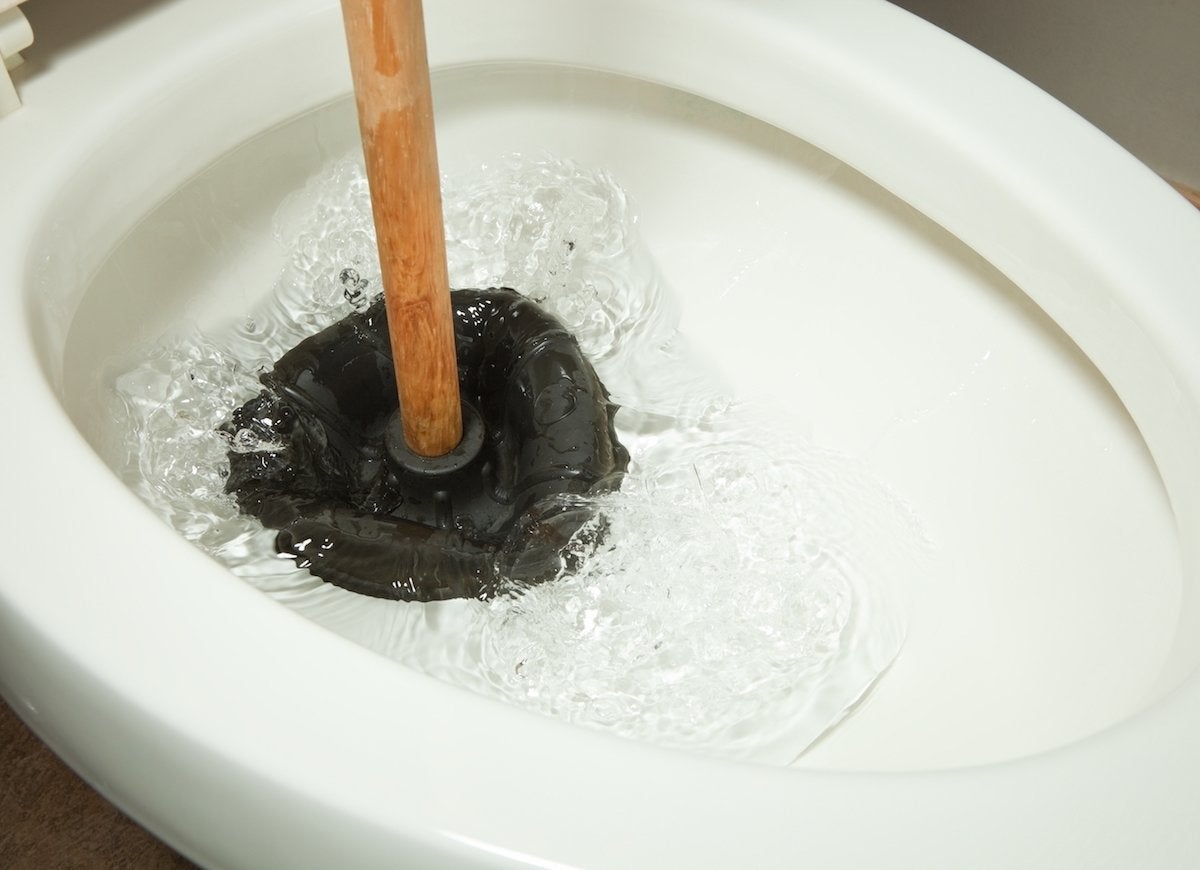
Obviously, a plunger is your first line of defense for a clogged commode. If you’ve cleared the clog but flushing troubles persist, open the tank and investigate. The handle may have gotten disconnected, or part of the flush mechanism may need to be replaced.
Related: The Basics of Good Bathroom Design: Measurements to Know
Animal Invasion

When backyard wildlife finds their way indoors, they can wreak havoc in a home. If a wild animal gets into your house, keep it contained in one area. Open a window, close all the doors, and it should find its way out. If it doesn’t, call animal control.

A DIYer’s Guide to Replacing Flooring
Update the look and feel of any room by replacing old, worn-out flooring. These products and straightforward steps make it easy enough for any handy homeowner to do.
